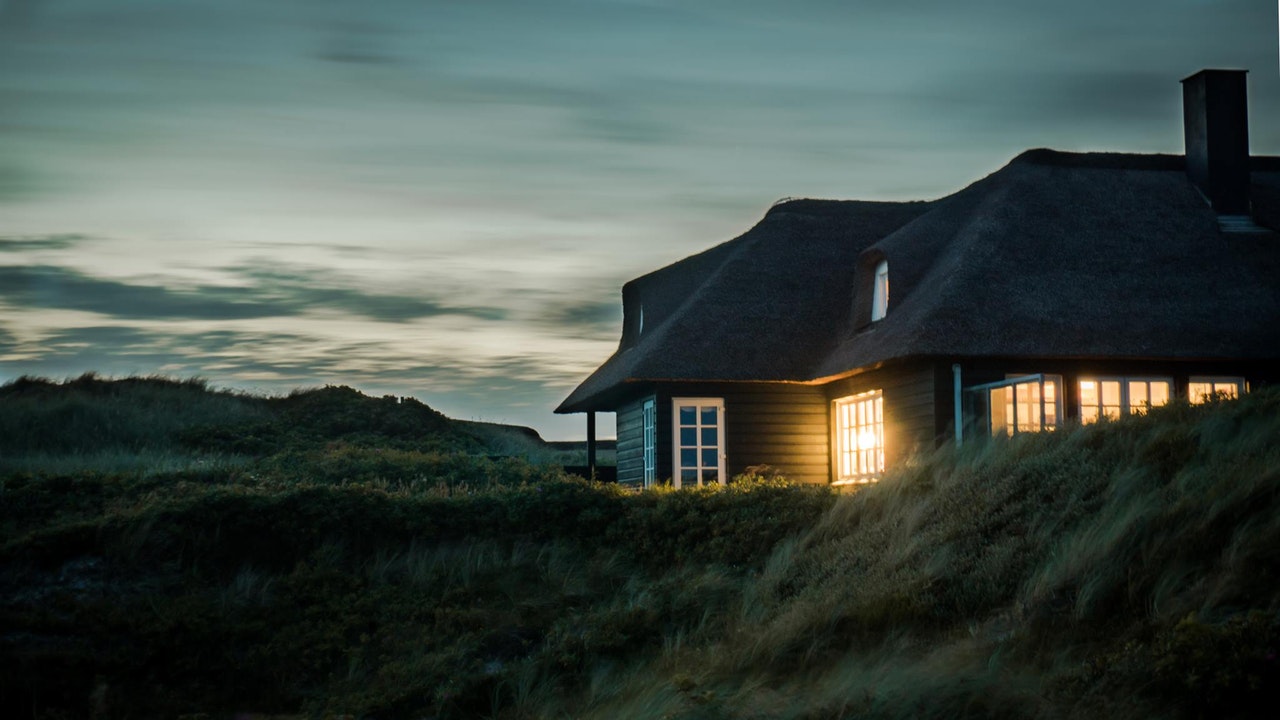
Your home is a significant investment worth thousands upon thousands of dollars. Yet, more than that, your home if your place of comfort and safety, your place of love and support and your place to be you. If something terrible happened to your home, not only would you be financially devastated, but you would be emotionally ruined.
Fortunately, there are ways you can protect your home against the dangers that threaten it. This guide will walk you through various safeguards you can and should put in place to ensure your home remains standing strong – and to ensure you remain standing strong within it.
Insurance is such an effective way to protect your home that it is often mandatory for homeowners to acquire a policy. Fortunately, insurance is designed to keep you and your investment safe specifically in times of crisis, for example, should you need mold removal or something similar. For a homeowners’ insurance policy to come into effect, typically you must have had no indication of threats or impending damage; rather, destruction or injury can only come out of the clear, blue sky – sometimes literally.
Because you likely already have a home insurance policy, you can learn more about what is covered by calling your insurance provider and discussing your plan. You can also compare what you are paying for with other available plans to ensure you are covering what you need and paying the lowest possible premium.
Home warranties aren’t as popular as home insurance, but they often fill the gaps left by home insurance policies. Most frequently, homeowners use warranties to protect the appliances and systems around their homes, including washers and dryers, HVAC, plumbing, ranges and ovens, roofs and more. It is common practice for sellers to offer one year of home warranty protection to buyers as a show of good faith in the quality of their homes. However, you might not realize that you can renew your warranty policy or acquire a new home protection plan once your initial warranty expires. Then, you will hardly ever suffer an unexpected cost due to damage or repairs.
On average, a burglary costs a household about $2,316 in damages and losses. More than 3.7 million burglaries occur every year, and you could be the victim of one of them. Though a home security system doesn’t make you immune to attack, it significantly decreases the likelihood that a burglar would choose your property, and it reduces the time burglars can spend pilfering your possessions.
You don’t have to blow your savings on a comprehensive security suite replete with cameras, home automation features, glass-break sensors and the works. Instead, you can tailor your security to your lifestyle, adding features as your protection needs grow. It is wise to start with an affordable smart security system, which you can check from your mobile device, and upgrade from there.
While you might be annoyed at smoke detectors that beep from low batteries or go off when you take a particularly steamy shower, you still should pay attention to these life-saving devices. Modern smoke detectors also monitor for carbon monoxide, which is a colorless, odorless gas that will kill you and your loved ones in a matter of hours. Installing and maintaining smoke detectors could be the difference between life and death for you, anyone in your home and even emergency personnel like police officers and firefighters.
Every state has different rules regarding the placement and maintenance of smoke detectors, but in the most critical life- and property-saving regulations, most states overlap. For example, almost all states require smoke and carbon monoxide detectors in sleeping areas and in pathways to exits. You should read about your state’s rules and update your home accordingly.
Landscaping can do much more than provide pretty decoration. The landscape design around your house can significantly contribute to its security and safety – or it can endanger your property and everyone in it. For example, improper grading of the terrain outside your home can cause water to flow toward your house rather than away from it, leading to significant water damage.
You should be aware of potential natural disasters in your area and build a landscape that guards against them. For example, if your region is prone to wildfires, you should avoid planting trees and shrubs within 30 feet of any structures. Additionally, you can use thick and thorny plants around the perimeter of your property to dissuade alternative entrances and keep unwanted intruders out.
As a homeowner, you are in control of the safety and security of your home. You should take this role seriously and protect your property in every possible way, so you never lose your investment – or worse.

